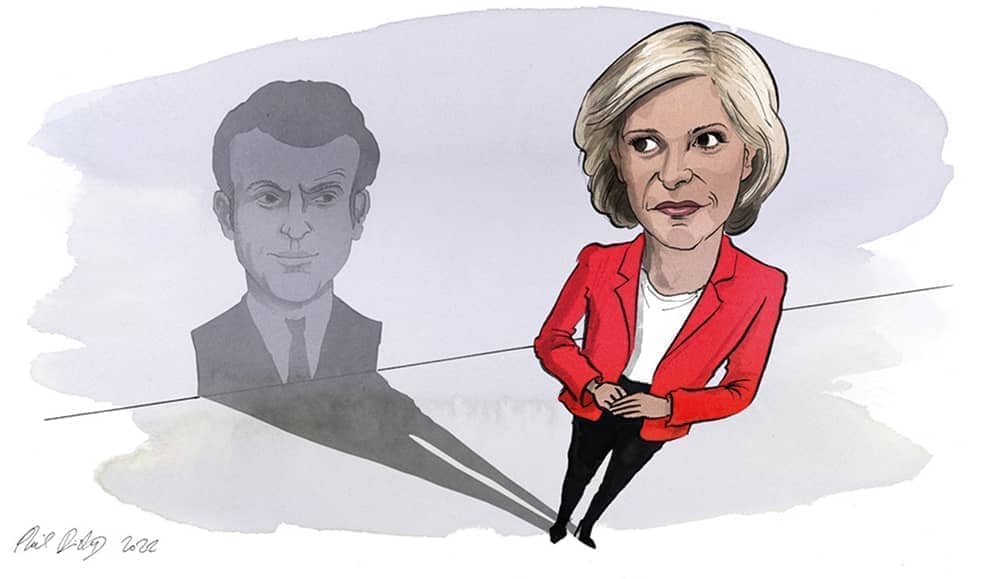Paris
Perhaps the best thing that can be said about Valérie Pécresse’s presidential election campaign is that it’s better than the Socialist party’s. Which is to damn with faint praise. The French left are in such a dire state that if the opinion polls prove correct, their candidate, Anne Hidalgo, the mayor of Paris, won’t pass the 5 per cent mark in the first round required for candidates to recoup half their campaign costs.
Pécresse has no worry on that score but she has failed to inspire the electorate since she was selected as the nominee for the centre-right Les Republicans (LR) in December. An opinion poll this week had her trailing Emmanuel Macron and Marine Le Pen, with Éric Zemmour only one point behind her on 14.5 per cent. Zemmour, a political novice, is regularly eviscerated in the media but whatever you may think of the right-wing candidate, at least the electorate knows he has convictions. What exactly does Pécresse stand for?
Nonetheless, even with her insipid campaign, the 54-year-old Pécresse could conceivably become the first female president of France in April. Were she to squeeze into the second round behind Macron, she would be a far more polished adversary than the inept Le Pen was in 2017; and such is the contempt many in France feel towards Macron that they will vote for almost anyone but him.

What would a Pécresse presidency entail? Frankly, much the same as Macron’s. The pair are centralists, globalists and Europhiles. Pécresse has built her career on the cosy consensus policies that have dominated France this century. This point was recently rammed home by Guillaume Peltier, the former vice-president of LR who defected to Zemmour’s Reconquête party in January and is now his spokesman.








Comments
Join the debate for just £1 a month
Be part of the conversation with other Spectator readers by getting your first three months for £3.
UNLOCK ACCESS Just £1 a monthAlready a subscriber? Log in